Reverend Dr. Liz Theoharis learned early what it means to stand in solidarity with those in need. Raised in Milwaukee by parents who viewed justice as a calling, action toward bringing about a fair and peaceful world was the language of her household. To her, church felt like a second home.
Now, she’s leading the Kairos Center for Religions, Rights, and Social Justice in what they refer to as the Survival Revival – a grassroots campaign to end poverty.
“The Kairos Center comes out of a long genealogy of poor and low-income people organizing for justice,” said Rev. Dr. Theoharis. “We’re raising up generations of community and religious leaders dedicated to building a moral movement grounded in compassion.”
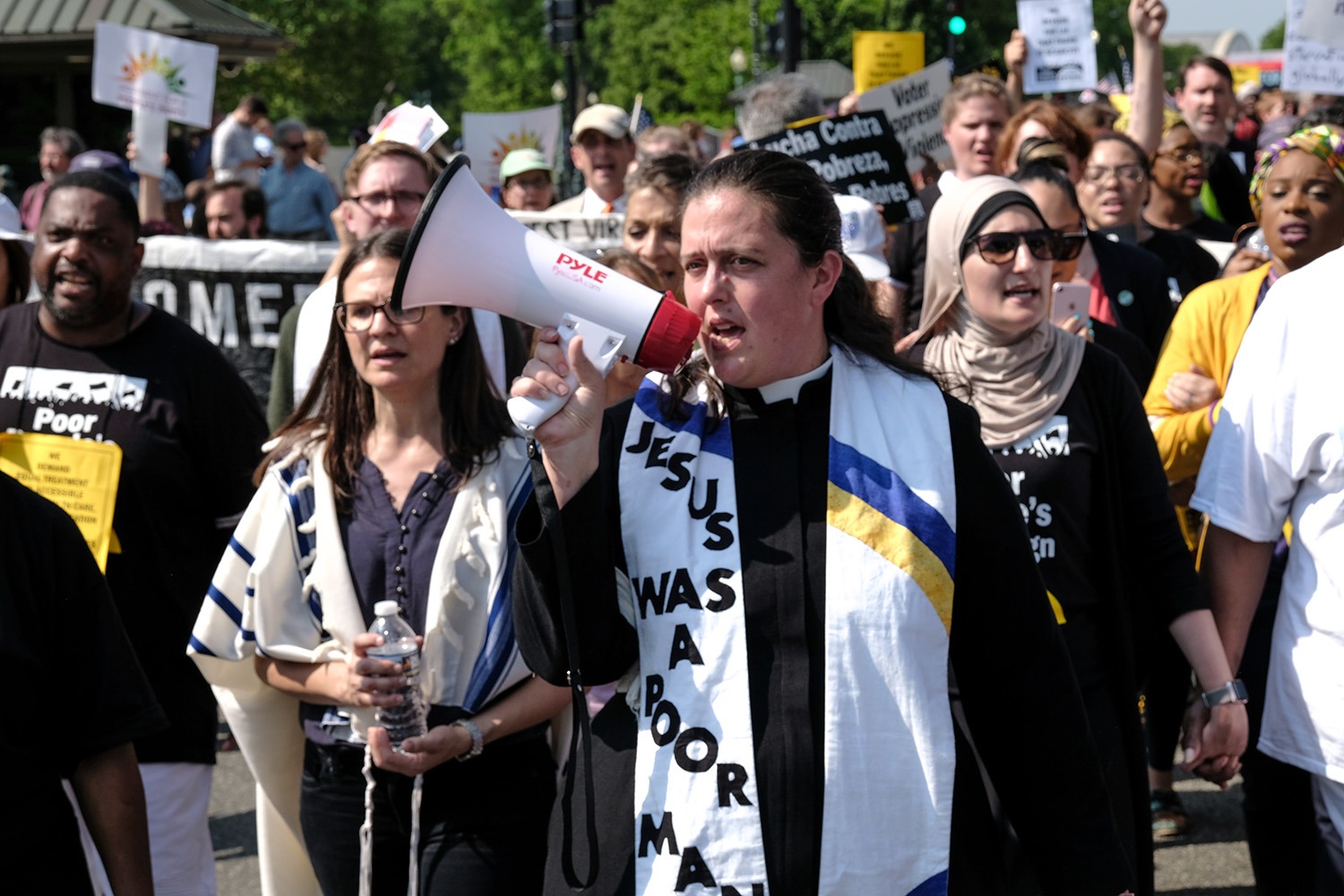
The Survival Revival aims to build long-term power against what it describes as a systemic crisis. The national organization states that more than 140 million people in the U.S. are poor or one emergency away from economic despair. It supports those same people in using their lived experience to lead the creation of a better life for themselves, their children and their communities.
“When we build up from the bottom, everybody rises,” said Rev. Dr. Theoharis, defining a core value of the Kairos Center – a principle also instilled by her parents.
Her father, a renowned historian, trained generations of journalists, scholars and activists in using the Freedom of Information Act to call out civil rights and civil liberties abuses. Her mother, a dedicated faith-based activist, organized against poverty and racial injustice in their hometown and around the globe.
“I learned to recognize our connection to people living in struggle across the world,” she said. “My mother made it clear she wasn’t trying to raise baseball players or ballerinas. She wanted to raise children committed to solving today’s issues.”
Finding Faith in the Margins
At age 13, Rev. Dr. Theoharis taught Sunday school; by 16, she was a deacon. However, she discovered her true calling, movement building, outside the church as a college student in Philadelphia. She served as a housing justice organizer alongside local unhoused and low-income families. The experience demonstrated yet again what faith in action looks like.
The work led her to ask deep moral questions: Why is poverty widespread in a country that throws away more food than it takes to feed everyone who is hungry? Why is it illegal for someone without housing to take shelter in an empty home, especially when there are five vacant houses for every person struggling to live without a roof over their head? And why are those in deepest need labeled “sinners” when allowing people to live in poverty amid such abundance is the real sin?
It was then she found a profound sense of belonging. “Unhoused encampments became my church,” she said, which deepened her commitment to fight poverty and eventually led her to help found the Kairos Center.
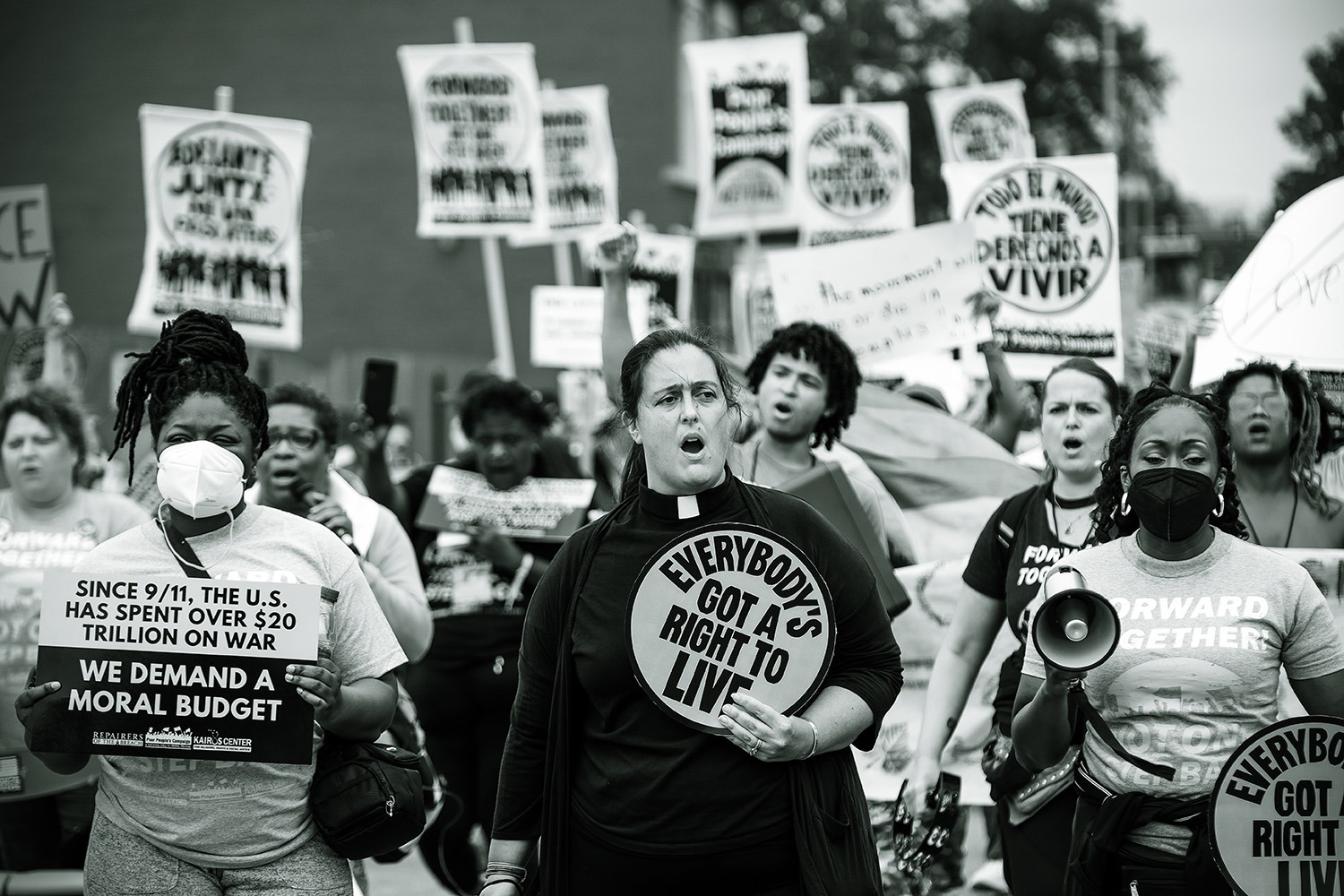
A Movement Rooted in Community
Over the past decade, the Kairos Center has been leading a national movement to end poverty. In the spring of 2026, the Survival Revival movement will gather communities and clergy in towns and cities across the nation to call for economic and racial justice through faith, education, music, art, storytelling, networking and what the Kairos Center calls “projects of survival.”
Rev. Dr. Theoharis often shares how the Survival Revival adopts a community-based approach that draws lessons from moments of crisis. When the COVID-19 pandemic struck, the Kairos Center documented how grassroots churches and religious communities across the country created mutual aid networks, provided food and shelter and defended one another against eviction and deportation.
“The pandemic revealed how poor and working-class communities were already holding each other up,” said Rev. Dr. Theoharis. “We’re just amplifying what people are already doing.”
Alix Webb, managing director at the Kairos Center, states that this work “stands on the shoulders of struggles that came before us.” As a fourth-generation Japanese American, her commitment is deeply rooted in her family’s history of displacement and resilience. “We’ve seen time and again that arts, culture, spirituality and religion aren’t just elements in people’s lives,” said Alix. “They’re what lift people in times of struggle.”
The Kairos Center emphasizes that ending poverty strengthens society as a whole. When everyone has access to housing, healthcare, education and a living wage, crime rates decrease, public health improves and local economies thrive.
“Justice for the poor is justice for all,” said Rev. Dr. Theoharis.
Over three decades of movement building have taught Rev. Dr. Theoharis that poverty transcends race, class, faith and geography. She reminds us of the power in our shared experiences and encourages people from all walks of life, faiths and political leanings to come together through their shared humanity. In that unity of purpose, she believes, lies hope for meaningful change ‒ a vision her family raised her to carry forward.
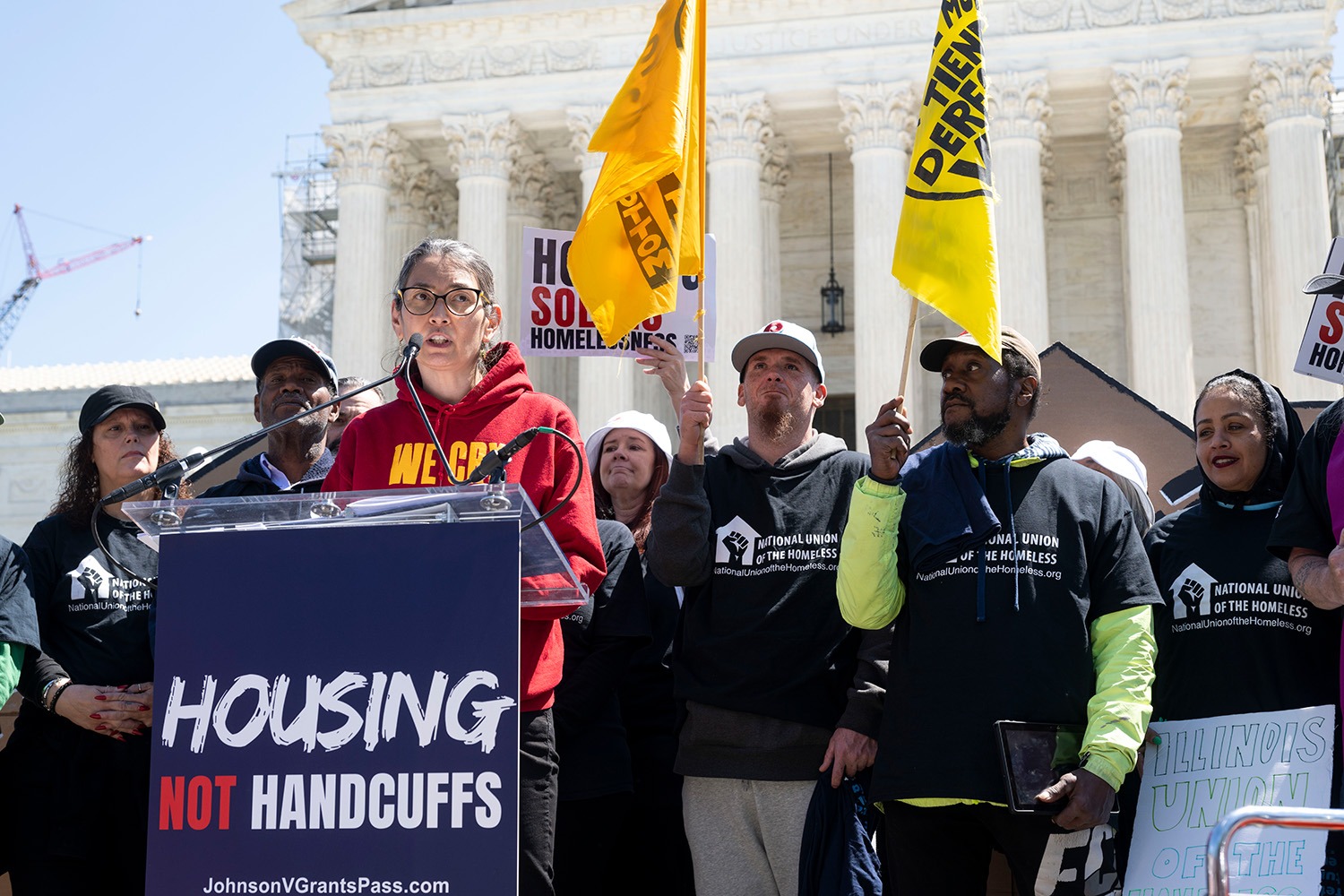

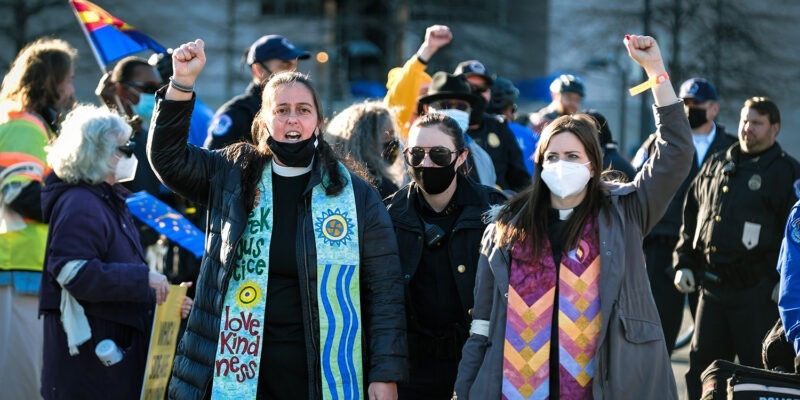

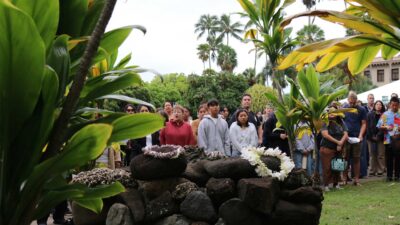
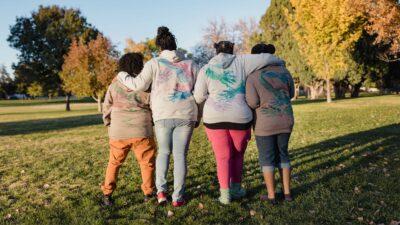
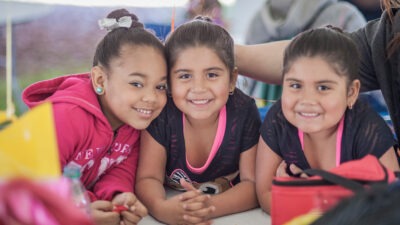
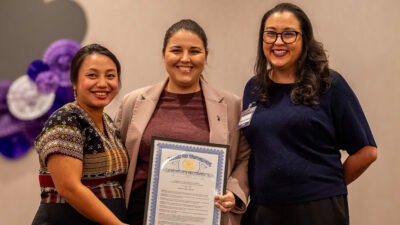
Comments